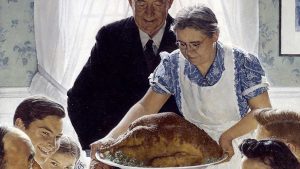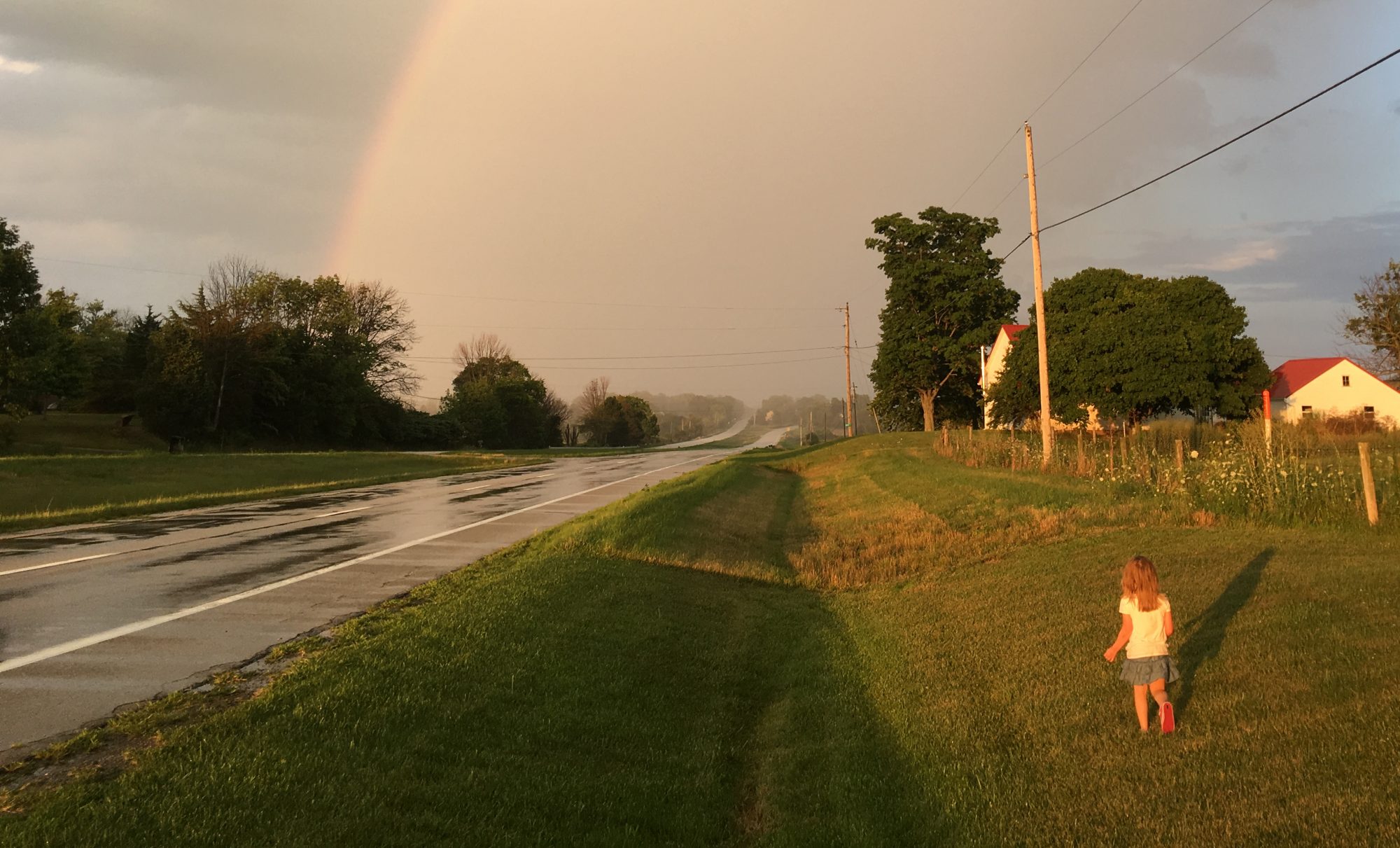I intend to make this a multi-part post. I will initially discuss the concept of time-period nostalgia by analyzing the iconic 1950s, compare that to my generation’s equivalent: the 1990s, and conclude with a more personal annotation regarding my hopes for the 2020s.
Our present society holds a strong nostalgia for the 1950s. Yes, there are hundreds of columnists who point out the fallacy of this filtered view of history, because everyone needs to criticize everything, I guess to make one’s name known as a writer. Yet I’d hazard to make the assumption that the majority of the population is aware of the good and bad of this time period, and that few would actually want to live in that world right now. But that’s not the point, so shut up. (Oh, and we also know that Christopher Columbus wasn’t the nicest guy to the natives, Martin Luther King Jr. had an affair, and Henry Ford only instituted the 8-hour workday because longer hours negatively impacted the bottom line–we get it, people are dicks).

The filtered view of history is intentional and self-imposed. And everyone understands that it can’t be fabricated by any means, because you can’t go home again.
So why exactly is there nostalgia for this time period? Without doing a deep research dive, I’ll make a theory based on my immediate knowledge as a historian. First, what was gained:
The post-war economic boom combined with the prevalence of American manufacturing and the more democratic tax code at the time allowed for a large middle class. This was because high-paying jobs were widely available to those of diverse skill sets and education levels, and the tax code de-incentivized wealth consolidation to the upper echelon. In short, a lot of people made enough money to have a quality standard of living.
Second, the melancholy side of nostalgia evokes a longing for what once was but has now been undeniably lost. This is a little more subjective, but I’ll make a few guesses:
- Television: this was a new technology that gradually became affordable enough to be ubiquitous. Early television programming was therefore more innocent, simple, and family-friendly.
- Societal acceptance of children being outside: The older Boomers go on and on about this (yet locked their own children away). Ironic that it’s actually a fallacy that the world was safer back then, but that’s the perception anyway, and the belief has undoubtedly shaped our attitudes about how we let our children play today.
- Housewives: I know this is a controversial subject, and I don’t care. Gender roles aside, if one person was free from requiring employment, then that freed up a large amount of recreation time for all parties in the family. Plus, there’s evidence to support a man’s sense of self-worth is correlated to how he stacks up to his wife’s economic viability. Again, not popular, but you can’t ignore ingrained biological behavior.
- Societal Expectations: A bit of an irony, but limitless choice causes anxiety. A more structured society therefore frees up the persistent mental debates over long-term goals.
Conclusion: people had more time, money, “freedom”, and clear behavioral guidelines. Lack of life choice ambiguity and a reasonable guarantee of good wages, plus a generally positive view of the world being safer and more innocent, kept chronic stress to a minimum. It may not have been the ideal time to break the mold, but it was a good time to live a secure and simple life.
Next: The 1990s
–Simon
Further Reading (just scratching the surface of the above bullet points):
https://en.wikipedia.org/wiki/You_Can%27t_Go_Home_Again
https://www.telegraph.co.uk/news/health/3320392/Housewives-make-their-men-healthy-and-wealthy.html
